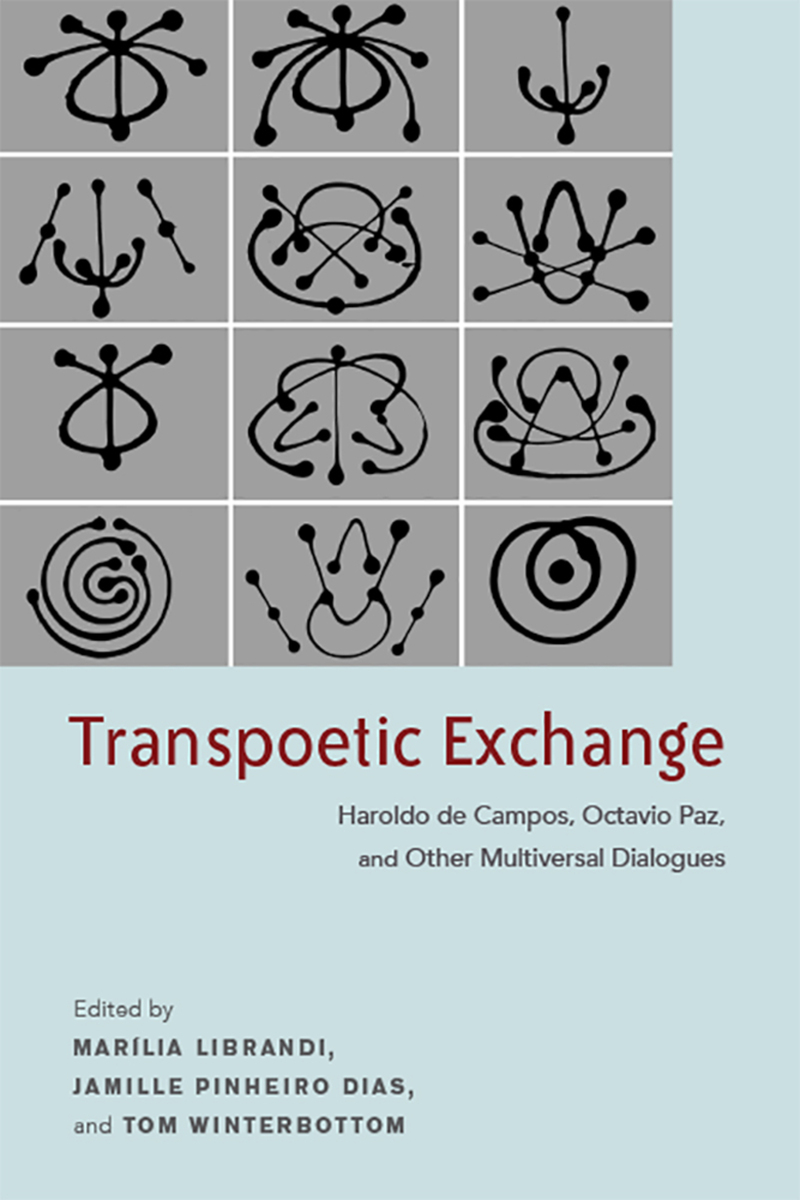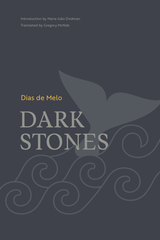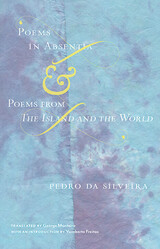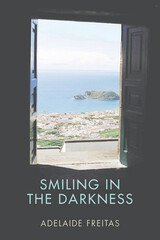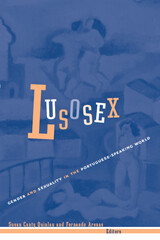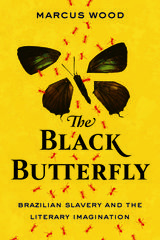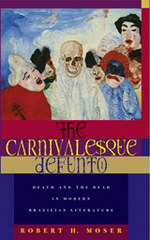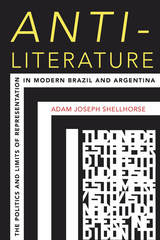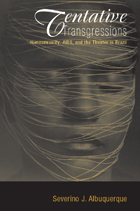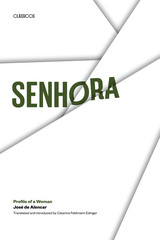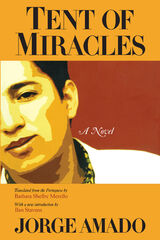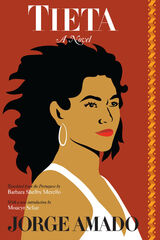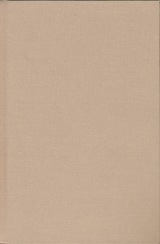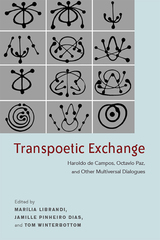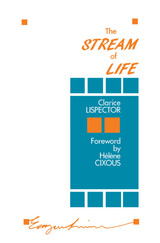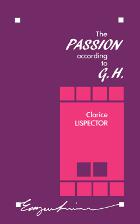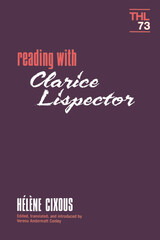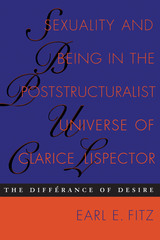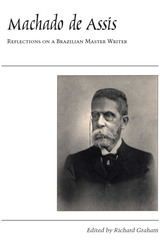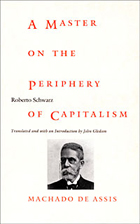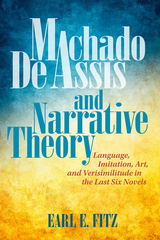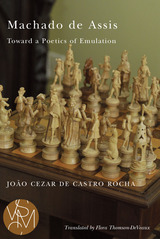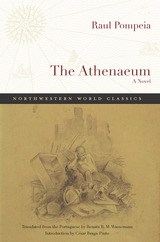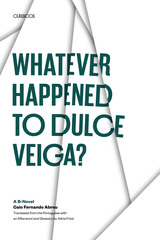Transpoetic Exchange: Haroldo de Campos, Octavio Paz, and Other Multiversal Dialogues
Bucknell University Press, 2020
Paper: 978-1-68448-216-0 | Cloth: 978-1-68448-217-7 | eISBN: 978-1-68448-219-1
Library of Congress Classification PQ9697.C2448Z877 2020
Dewey Decimal Classification 861.62
Paper: 978-1-68448-216-0 | Cloth: 978-1-68448-217-7 | eISBN: 978-1-68448-219-1
Library of Congress Classification PQ9697.C2448Z877 2020
Dewey Decimal Classification 861.62
ABOUT THIS BOOK | AUTHOR BIOGRAPHY | REVIEWS | TOC
ABOUT THIS BOOK
Transpoetic Exchange illuminates the poetic interactions between Octavio Paz (1914-1998) and Haroldo de Campos (1929-2003) from three perspectives--comparative, theoretical, and performative. The poem Blanco by Octavio Paz, written when he was ambassador to India in 1966, and Haroldo de Campos’ translation (or what he calls a “transcreation”) of that poem, published as Transblanco in 1986, as well as Campos’ Galáxias, written from 1963 to 1976, are the main axes around which the book is organized.
The volume is divided into three parts. “Essays” unites seven texts by renowned scholars who focus on the relationship between the two authors, their impact and influence, and their cultural resonance by exploring explore the historical background and the different stylistic and cultural influences on the authors, ranging from Latin America and Europe to India and the U.S. The second section, “Remembrances,” collects four experiences of interaction with Haroldo de Campos in the process of transcreating Paz’s poem and working on Transblanco and Galáxias. In the last section, “Poems,” five poets of international standing--Jerome Rothenberg, Antonio Cicero, Keijiro Suga, André Vallias, and Charles Bernstein.
Paz and Campos, one from Mexico and the other from Brazil, were central figures in the literary history of the second half of the 20th century, in Latin America and beyond. Both poets signal the direction of poetry as that of translation, understood as the embodiment of otherness and of a poetic tradition that every new poem brings back as a Babel re-enacted.
This volume is a print corollary to and expansion of an international colloquium and poetic performance held at Stanford University in January 2010 and it offers a discussion of the role of poetry and translation from a global perspective. The collection holds great value for those interested in all aspects of literary translation and it enriches the ongoing debates on language, modernity, translation and the nature of the poetic object.
Published by Bucknell University Press. Distributed worldwide by Rutgers University Press.
The volume is divided into three parts. “Essays” unites seven texts by renowned scholars who focus on the relationship between the two authors, their impact and influence, and their cultural resonance by exploring explore the historical background and the different stylistic and cultural influences on the authors, ranging from Latin America and Europe to India and the U.S. The second section, “Remembrances,” collects four experiences of interaction with Haroldo de Campos in the process of transcreating Paz’s poem and working on Transblanco and Galáxias. In the last section, “Poems,” five poets of international standing--Jerome Rothenberg, Antonio Cicero, Keijiro Suga, André Vallias, and Charles Bernstein.
Paz and Campos, one from Mexico and the other from Brazil, were central figures in the literary history of the second half of the 20th century, in Latin America and beyond. Both poets signal the direction of poetry as that of translation, understood as the embodiment of otherness and of a poetic tradition that every new poem brings back as a Babel re-enacted.
This volume is a print corollary to and expansion of an international colloquium and poetic performance held at Stanford University in January 2010 and it offers a discussion of the role of poetry and translation from a global perspective. The collection holds great value for those interested in all aspects of literary translation and it enriches the ongoing debates on language, modernity, translation and the nature of the poetic object.
Published by Bucknell University Press. Distributed worldwide by Rutgers University Press.
See other books on: Bernstein, Charles | Comparative Literature | Perloff, Marjorie | Spanish & Portuguese | Translating
See other titles from Bucknell University Press
